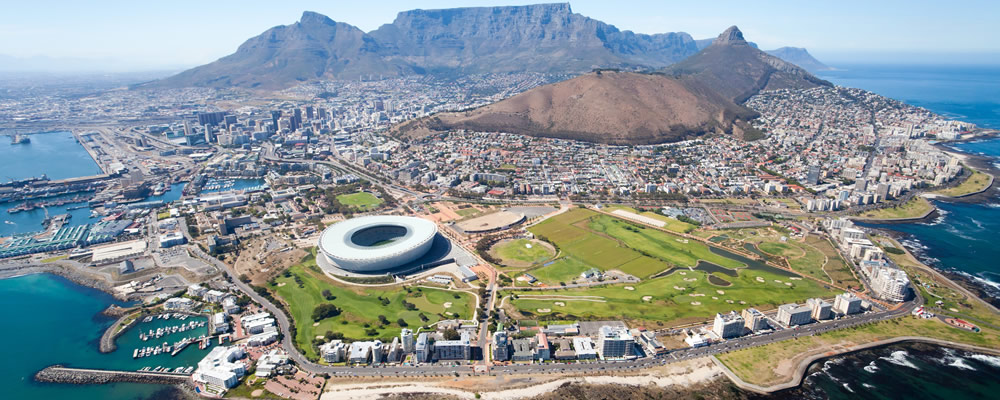The Euro South African Rand (EUR ZAR) exchange rate continued to push higher on Thursday over concerns that South Africa’s credit rating may be downgraded in the future.
South African Rand (ZAR) Pressured by Warning from Moody’s
The South African Rand has been in full retreat this week following a warning from credit rating agency Moody’s over political pressure being place on the nation’s central bank.
There are growing fears over the independence of the South African Reserve Bank (SARB) as President Zuma’s government seeks to gain greater control over the countries monetary policy.
Public Protector Busisiwe Mkhweban recently recommended changes to South Africa’s Constitution that would shift the SARB’s focus from protecting the national currency to working for the ‘socio-economic well-being of citizens’ with critics accusing the government of attempting to exert influence over the central bank.
The situation caused Moody’s to issue a warning on Monday saying that growing political pressure on the central bank could hamper economic growth over the coming months.
The comments prompted widespread speculation that the rating agency could move to further downgrade the nation’s credit rating, although most analysts agree that such a move its unlikely so close to the last credit downgrade.
Jim Bryson, currency trader at Rand Merchant Bank said;
‘It’s confirmation that Moody’s sees monetary policy as key to the rating. And if they aren’t happy it means they might downgrade us in the future, but not now.’
Euro (EUR) Resilient Despite Signs of a Slowing Economy
The Euro continued to trend higher this morning despite the Eurozone’s latest PMI data reporting a slight downtrend in the bloc’s economic growth.
According to the data compiled by IHS Markit the Eurozone’s Composite PMI slid from 56.3 to 55.7 in July, falling below expectations it would only slip to 57.8 and reaching its lowest levels since January.
While the index still showed growth the decline in activity has prompted concerns that the Eurozone economy is beginning to slow after expanding at an impressive pace in the first half of the year.
Germany in particular appears to have shown signs of slowing in the second half of the year as activity in Europe’s largest economy lagged behind the other major nations in the Eurozone.
Chris Williamson, Chief Business Economist at IHS Markit said;
‘Of the four largest euro members, only Italy recorded faster growth in July, pushing the PMI into territory consistent with 0.5% quarterly GDP growth. Spain nevertheless continued to record the strongest overall expansion, with the PMI indicative of 0.9% growth.’
‘The slowdown in Germany meant it registered the weakest increase in activity of the four largest euro countries for the first time in over 12 years, though the ten-month low PMI reading still points to a 0.4- 0.5% GDP growth rate.’
EUR ZAR Forecast:
Looking ahead the EUR ZAR exchange rate may slide tomorrow with the release of Germany’s latest factory order figures, with orders predicted have only grown 0.5% in June after rising 1% the month before.
Meanwhile the South African Rand may get off to another rough start next week with the release of the country’s latest employment figures, with analysts forecasting that the Jobless rate may have risen from 27.7% in the second quarter.
Current Interbank Exchange Rates
At the time of writing the EUR ZAR exchange rate was trending around 15.7356 and the ZAR EUR exchange rate was trending around 0.0635.



